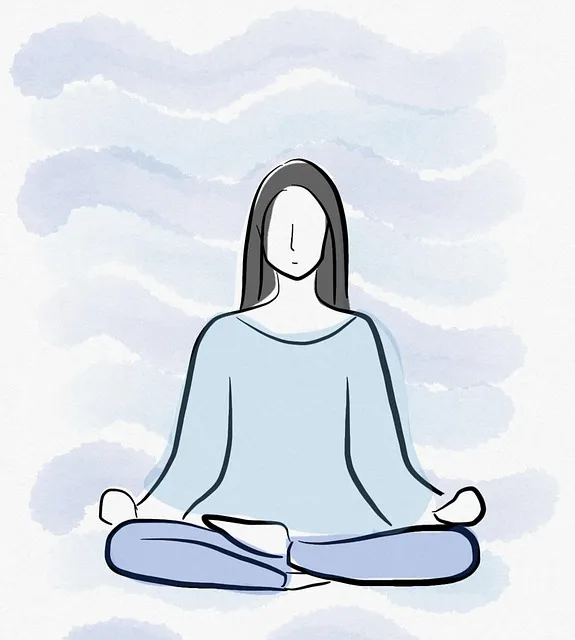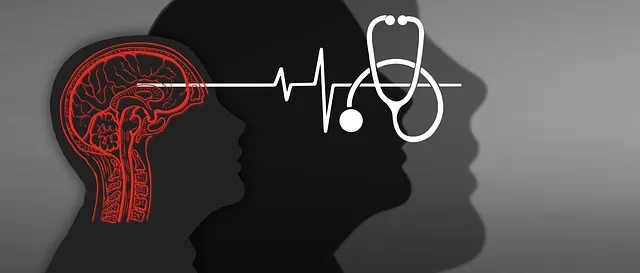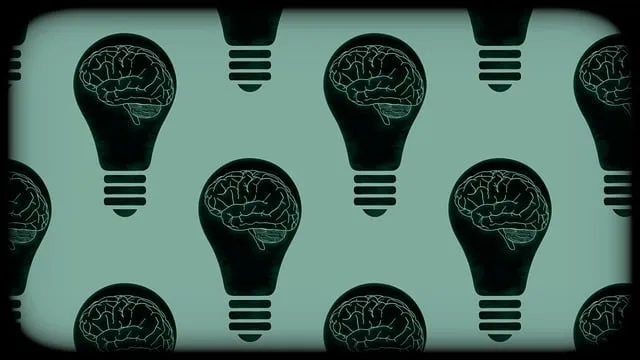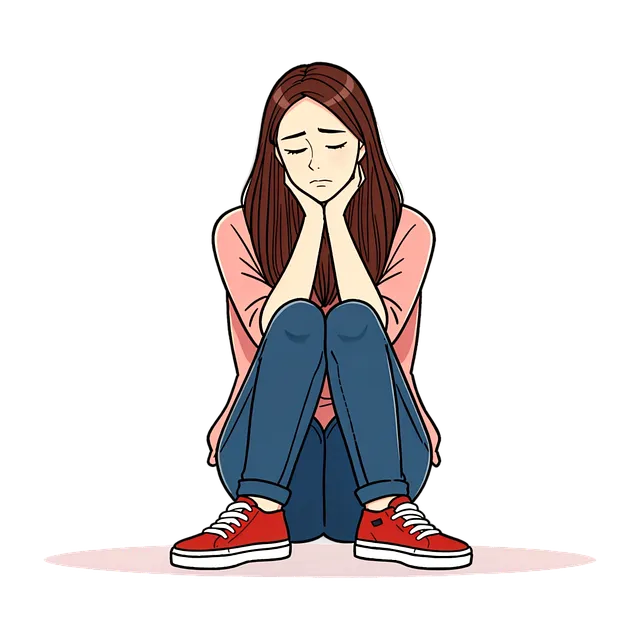The Lone Tree Kaiser Permanente Behavioral Health Center prioritizes mental wellness through introspection and personalized self-care routines, empowering individuals to manage stress, anxiety, and burnout. The center offers various resources like workshops, exercises, and programs focused on stress management, mental health education, physical activity, nutrition, and social connections. By integrating these aspects into self-care routines, the center promotes emotional regulation, resilience, and overall well-being, supporting individuals in navigating their mental wellness journeys effectively.
At Lone Tree Kaiser Permanente Behavioral Health Center, we believe in empowering individuals to take charge of their mental wellness through self-care routines. This comprehensive guide explores the various aspects of cultivating a holistic well-being practice. From understanding your unique mental wellness needs and identifying stressors to incorporating essential mindfulness techniques, physical activity, nutrition, and building strong social connections—each element plays a vital role in navigating life’s challenges. Discover how these practices can enhance your overall mental health at our leading behavioral health center.
- Understanding Your Mental Wellness Needs: Reflecting on Stressors and Triggers at Lone Tree Kaiser Permanente Behavioral Health Center
- Building Blocks of a Self-Care Routine: Essential Practices for Mindfulness and Relaxation
- Incorporating Physical Activity: The Role of Exercise in Mental Wellness at the Lone Tree Kaiser Permanente Center
- Nutrition and Mental Clarity: Fueling Your Body for Better Emotional Wellbeing
- Social Connections and Support Networks: Fostering Healthy Relationships for Mental Health Growth
Understanding Your Mental Wellness Needs: Reflecting on Stressors and Triggers at Lone Tree Kaiser Permanente Behavioral Health Center

At Lone Tree Kaiser Permanente Behavioral Health Center, understanding your mental wellness needs begins with reflecting on stressors and triggers. This introspective process is crucial in identifying what brings about feelings of anxiety, depression, or burnout. By recognizing these factors, individuals can start to develop personalized self-care routines that address their unique challenges. The center offers various resources, such as stress management workshops, designed to empower patients with tools for emotional regulation and burnout prevention.
Through these initiatives, Lone Tree Kaiser Permanente Behavioral Health Center fosters an environment where individuals learn to navigate their mental wellness journeys effectively. By understanding and managing stressors, patients can create a balanced lifestyle that promotes overall well-being, ensuring they are equipped to handle life’s demands with resilience and composure.
Building Blocks of a Self-Care Routine: Essential Practices for Mindfulness and Relaxation

Building a self-care routine centered around mindfulness and relaxation is a vital step in fostering mental wellness, especially for those seeking guidance at the Lone Tree Kaiser Permanente behavioral health center. The foundation of such a routine lies in incorporating consistent practices that nurture both the mind and body. Simple yet powerful tools like Mental Wellness Journaling can serve as an effective entry point; taking time to reflect on thoughts and emotions allows individuals to cultivate awareness and gain insights into their mental state.
Additionally, integrating exercises designed for relaxation, such as deep breathing or progressive muscle relaxation, helps reduce stress and promotes a sense of calm. For mental health professionals, Risk Management Planning becomes crucial when incorporating self-care practices; it ensures that these essential routines do not become overwhelming but rather enhance overall well-being. Mental Health Education Programs can also play a significant role in teaching individuals how to design personalized self-care plans tailored to their unique needs and preferences.
Incorporating Physical Activity: The Role of Exercise in Mental Wellness at the Lone Tree Kaiser Permanente Center

At the Lone Tree Kaiser Permanente behavioral health center, physical activity is recognized as a powerful tool for enhancing mental wellness alongside traditional therapy methods. Incorporating regular exercise into one’s routine can significantly contribute to stress reduction and overall well-being. The center offers various programs tailored to support individuals in navigating burnout prevention and managing stress effectively. These initiatives include organized fitness classes and outdoor activities that encourage community engagement, fostering a sense of belonging and mental resilience.
Through structured exercises and movement practices, participants at the Lone Tree Kaiser Permanente Center can experience improved mood and cognitive function. The Stress Management Workshops Organization often collaborates with the behavioral health center to educate individuals on the science behind exercise’s impact on mental health. By understanding these connections, people are empowered to make informed choices regarding their self-care routines, incorporating physical activity as a core element in managing stress and anxiety, which is crucial for maintaining a healthy mind in today’s fast-paced world.
Nutrition and Mental Clarity: Fueling Your Body for Better Emotional Wellbeing

Nutrition plays a pivotal role in maintaining mental wellness, as what we eat directly impacts our emotional state and cognitive functions. The Lone Tree Kaiser Permanente behavioral health center emphasizes that a balanced diet is essential for optimal brain health. Incorporating nutrient-rich foods like whole grains, lean proteins, healthy fats, and plenty of fruits and vegetables can enhance mental clarity and overall mood. These food groups provide the necessary vitamins, minerals, and antioxidants to support brain function and reduce inflammation, which is often linked to depression and anxiety.
At the Lone Tree Kaiser Permanente behavioral health center, they offer guidance on creating a personalized nutrition plan that aligns with your emotional well-being goals. Through their Mental Wellness Journaling Exercise program, they encourage clients to track food intake and mood changes, helping them identify foods that contribute to mental clarity and those that may trigger negative emotions. Additionally, their Resilience Building and Stress Management Workshops Organization provides valuable insights into the connection between nutrition and mental health, empowering individuals to make informed choices that support their emotional resilience.
Social Connections and Support Networks: Fostering Healthy Relationships for Mental Health Growth

Social connections are vital components of a healthy self-care routine, especially when prioritizing mental wellness. The Lone Tree Kaiser Permanente behavioral health center emphasizes that building and nurturing relationships can significantly contribute to emotional intelligence and overall mental health growth. Healthy social interactions provide a support network that offers different perspectives, encouragement, and a sense of belonging, all of which are essential for maintaining positive mental health.
Fostering these connections involves cultivating meaningful relationships with family, friends, or even joining communities centered around shared interests. Engaging in open communication, active listening, and empathy strengthens emotional bonds, boosts self-esteem improvement, and creates a safe space to express feelings and experiences. This supportive environment is key to managing stress, anxiety, or depression, as it encourages individuals to be more present, mindful, and engaged in their daily lives.
Developing a personalized mental wellness self-care routine, inspired by the comprehensive services offered at the Lone Tree Kaiser Permanente Behavioral Health Center, is a proactive step towards enhancing overall well-being. By understanding individual needs through reflection and incorporating essential practices like mindfulness, physical activity, nutrition, and social connections, one can navigate life’s stressors more effectively. These strategies, when seamlessly integrated into daily routines, foster mental clarity, resilience, and emotional balance, ultimately leading to improved mental health and a deeper appreciation for life.



